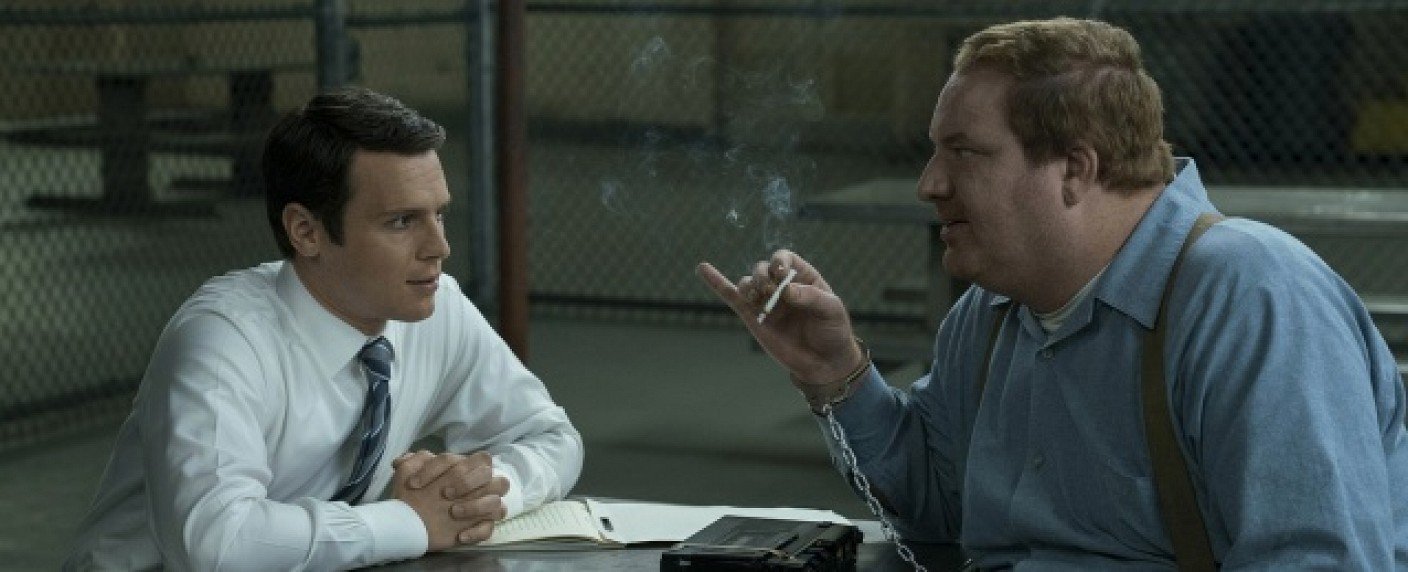
Introduction
Since its debut in 2017, Netflix’s Mindhunter has made a significant mark on the landscape of crime drama series. Based on true events, the show delves into the early days of criminal psychology and criminal profiling at the FBI, gradually building a cult following. With its gripping narratives based on real life serial killers, the series not only entertains but also reflects the societal fascination and fear surrounding such criminals.
Exploring the Series
Mindhunter is based on the 1995 true crime book Mindhunter: Inside the FBI’s Elite Serial Crime Unit by John E. Douglas and Mark Olshaker. The series is set in the late 1970s and early 1980s, a period marked by a rise in serial killings in the United States. The protagonists, FBI agents Holden Ford (played by Jonathan Groff) and Bill Tench (played by Holt McCallany), alongside psychologist Wendy Carr (played by Anna Torv), interview imprisoned serial killers to understand their psyche and develop criminal profiling techniques.
The show’s meticulous attention to historical accuracy, combined with its atmospheric cinematography, highlights the chilling nature of its subject matter. Viewers are drawn not only to the characters but also to the real-life inspirations behind them, including infamously notorious killers such as Ed Kemper and Jerry Brudos. This blend of fact and fiction has evoked critical acclaim, making the series a standout in the genre of psychological horror and crime television.
Critics and Audience Response
Critical response to Mindhunter has been overwhelmingly positive. The show has been praised for its intelligent writing, character development, and evocative storytelling. Critics from various media outlets have highlighted its psychological depth and the moral complexities introduced by the characters’ interactions with criminals. Rotten Tomatoes scores consistently reflect this acclaim, with many reviews noting the series as a high watermark for crime dramas.
Despite the show’s success, the future of Mindhunter has been uncertain. After its second season, fans eagerly awaited news of a third season but faced disappointment when creator David Fincher revealed that the focus was temporarily shifted to other projects.
Conclusion
Mindhunter’s contribution to the crime drama genre cannot be understated. Its complexity in storytelling and character development sets a new standard in how true crime narratives are portrayed on screen. As society continues to grapple with the implications of crime and justice, Mindhunter offers not only chilling entertainment but also a profound exploration of human psychology. Whether or not a third season is produced remains to be seen, but the influence of Mindhunter on the genre and its viewers is undeniably profound, solidifying its place in modern television history.
You may also like

The Importance of Storytelling in Modern Society

Understanding the Fall Season: Change, Beauty, and Tradition

Latest Updates on the Idaho Murders Case
SEARCH
LAST NEWS
- Remembering Wendy Richard: The Promise to Co-Star Natalie Cassidy
- How Did Anglian Water Achieve an ‘Essentials’ Rating for Mental Health Accessibility?
- Shai Hope Leads West Indies in T20 World Cup Clash Against South Africa
- What We Know About Weston McKennie: Future at Juventus and Past at Leeds
- What We Know About the Upcoming Live Nation Antitrust Trial